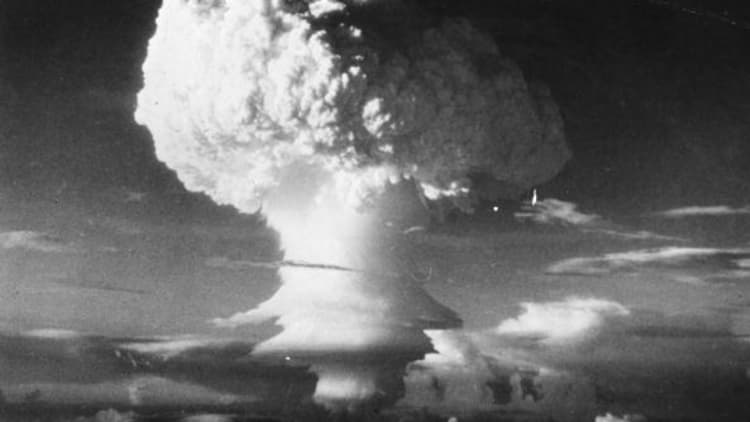North Korea must take steps towards verified denuclearization before achieving the "shared goal" of an official end to the 1950-53 Korean War, a U.S. envoy said on Monday.
Stephen Biegun, U.S. Special Representative for North Korea, was in Seoul to meet senior South Korean officials, including his counterpart Lee Do-hoon, amid rising signs of discord between the allies on North Korea.
In recent months, the administration of South Korea's Moon Jae-in has forged ahead with efforts to engage with the North, stoking U.S. concern over a range of issues, especially the continued enforcement of U.N. sanctions over the North's nuclear and missile programs.
North Korean leader Kim Jong Un vowed to work towards denuclearization during an unprecedented June summit with U.S. President Donald Trump, but the North's actions have failed to satisfy U.S. demands for irreversible steps to scrap its arsenal, including a full disclosure of nuclear weapons and facilities.
The two diplomats sought to inject fresh momentum into stalled nuclear talks, with Biegun saying he was "absolutely certain" the allies could work together to achieve their objective of denuclearization.
"We have a shared goal here, which is to bring an end to 70 years of war and hostilities on the Korean peninsula," Biegun told Lee at the start of their meeting.
"And the primary requirement for us to get to the end point is to achieve final, fully, verified denuclearisation of North Korea. I am absolutely confident this is within reach."
North Korea and the United States have been at odds over whether the North's denuclearisation or declaring an end to the Korean War should come first.
The war ended with an armistice, not a peace treaty, meaning U.S.-led U.N. forces are technically still at war with the North.
Lee said that Washington and Seoul were working to ensure that both countries engage North Korea with a united front.
"Because the denuclearisation process is at a critical juncture we need to meet up as often as possible to make sure there is no daylight whatsoever between our two allies," Lee said.
While Biegun is not scheduled to visit the North, he said he was eager to begin "working-level negotiations" with the reclusive state as soon as possible.
He said early this month that he had offered to meet his North Korean counterpart, Vice Foreign Minister Choe Son Hui.
The talks came amid signs of a rift between Seoul and Washington.
The United States suspended some of its annual military drills with South Korea, but has been wary of providing Pyongyang big economic benefits until it takes further concrete disarmament steps.
The two Koreas agreed to launch a joint study to reconnect rail links this month, but it has yet to begin due to delays in consultations with the U.S.-led United Nations Command (UNC), which oversees affairs in the border region.
The survey was initially scheduled for August but the plan fell apart after the UNC refused passage of a test train.
When asked about the slow progress in the rail initiative, South Korean Unification Minister Cho Myoung-gyon said there were "areas where we and the U.S. side have slightly different views.
"But it's not to the extent that the United States is opposed to inter-Korean projects," Cho told a parliamentary audit on Monday.
Cho said it was "still possible at this point" that the end-of-war declaration will be made and Kim will visit the South within this year as agreed at this year's inter-Korean summits.
WATCH: Here's what would happen if President Trump were to order a nuclear strike


